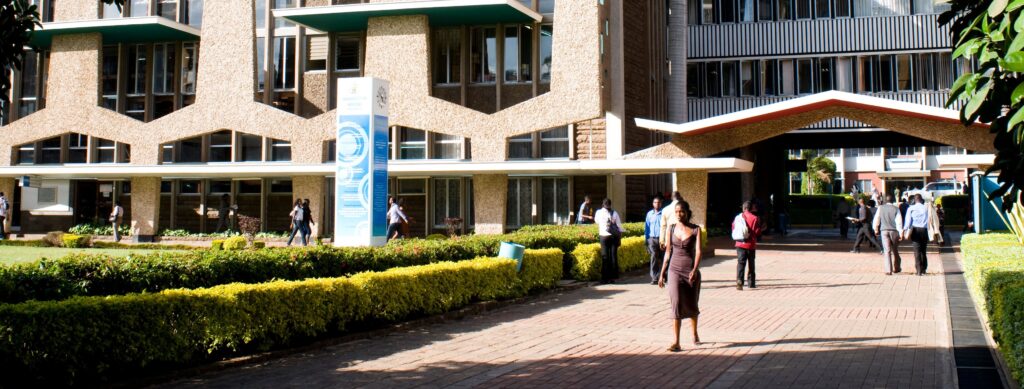2024 SSRC Katznelson Fellow Lecture: The Economist as Plumber
In this lecture, Esther Duflo shares her experience working in collaboration with policymakers in the developing world, and highlight the critical role of bringing a “plumbing” mindset to policy-relevant research: a mindset where policymakers realize that any program has so many dimensions that it is very difficult to get them all right, and where there is a need for constant experimentation and tinkering for policies to reach their full potential.



